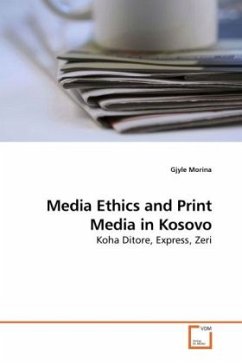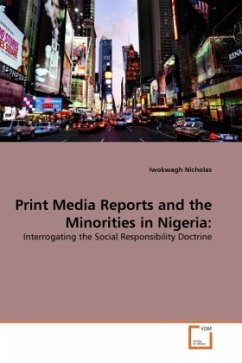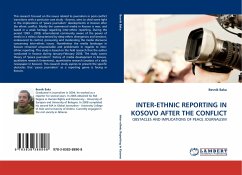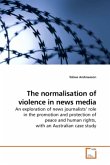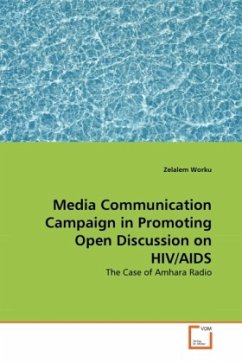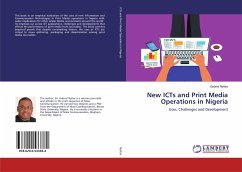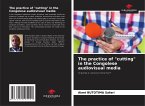Even though Kosovo has a tradition for media, namely the existence of the daily newspapers Bujku and Koha Ditore (both of which were state-owned), today media in Kosovo is struggling to create a new identity. Similar to media in other countries in transition, media in Kosovo is facing a lack of professionalism, a free-trade economy, self-regulation systems, a lack of education, unfair competition, poor investigative journalism, etc. Even being a journalist myself, from reading professional books, articles, and reports, doing research, making questionnaires, and doing interviews with professionals of the field, I have come to a completely new idea of what ethics is. Reading from the perspective of philosophy and journalism, I have come to realize that media ethics are complex issues. In order to research this, I used qualitative methods and content analysis. The findings and analyses will highlight the problems of media ethics that journalists of these three daily newspapers in Kosovo are dealing with. This book concludes that despite international help, media ethics in Kosovo is still not on the right track.
